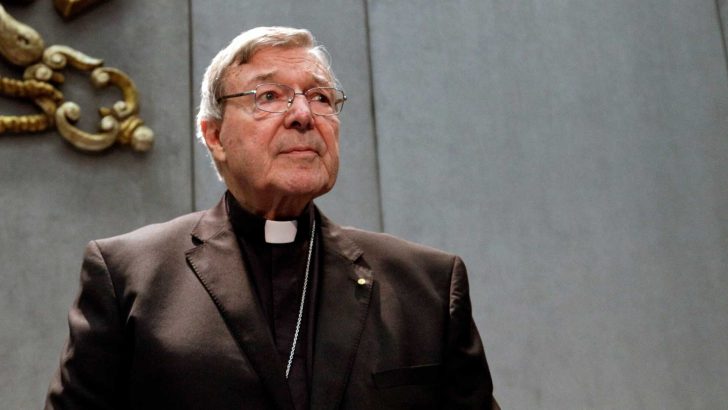Cardinal George Pell has had his “leave to appeal” ruling deferred by the Australian High Court last week in what is a final attempt to have his conviction for sexual assault overturned.
Pell was sentenced last year to six years in prison for molesting two 13-year-old choirboys in Melbourne’s St Patrick’s Cathedral, while he was the city’s archbishop in 1996.
Prosecutors took turns in presenting arguments to the High Court on March 12, which was the second and final day of the cardinal’s bid for special leave to appeal.
The panel of seven judges then reserved its’ judgment at the close of the hearing, with no clear indication of when a decision will be released.
The priest’s lawyers argue that an apparently truthful victim is not enough to dispel reasonable doubt about guilt, and are appealing on two grounds.
The first is that the Court of Appeal majority made an error in requiring Pell to prove that the offending was “impossible” in order to raise reasonable doubt.
The second is that the majority made an error in concluding the guilty verdicts were not unreasonable.
Further questions
If leave is given, the judges may ask further questions of counsel then retire for a period, often several months, before delivering written reasons for their verdict.
They could send the case back to the Appeal Court of the Victoria Supreme Court, which decided in August to uphold the original December 2018 guilty verdict.
The court will effectively hear Pell’s appeal in its entirety before they can technically decide on whether they can entertain his appeal or not.
They could decide he does not have permission to appeal, or that he has permission to appeal but can be denied, or that he has permission to appeal and can be upheld.
The judges could also send Pell’s appeal back to the Victoria Court of Appeals to be reheard by three other judges.
Pell is currently serving his sentence at the maximum-security Barwon Prison near Geelong, southwest of Melbourne.


 Cardinal Pell
Cardinal Pell 